Introduction
Recently, researchers from Simon Fraser University in Canada and Switzerland are developing an environmentally friendly, 3D printable solution for manufacturing Internet of Things (IoT) wireless sensors. The use and disposal of these sensors will not pollute the environment.
Background
Today, humanity is increasingly focusing on environmental protection and sustainable development. However, discarded electronic products have become the fastest-growing waste in the world. Electronic waste contains harmful substances for human health and the environment, including toxic chemicals and heavy metals such as mercury, arsenic, chromium, lead, barium, beryllium, and phosphides. This electronic waste is difficult to dispose of sustainably and requires expensive processing technology for recycling.
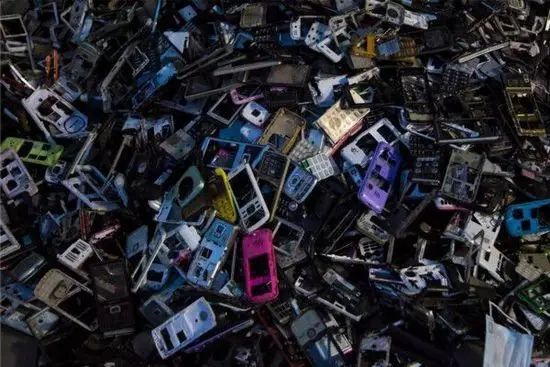
(Image source: Reuters)
To tackle the severe challenges posed by electronic waste, scientists are not only innovating waste processing technologies but also rethinking the materials that make up electronic products. Generally, the materials used in electronic components are non-degradable and lack biocompatibility, containing a large number of substances harmful to the environment. Therefore, scientists are actively developing biodegradable, environmentally friendly electronic products, such as:
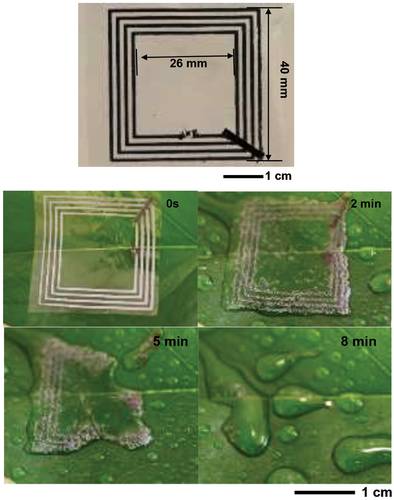
The image shows a near-field communication coil (transient electronic device) and its rapid dissolution process on a leaf when it encounters water.(Image source: Reference Material【3】)
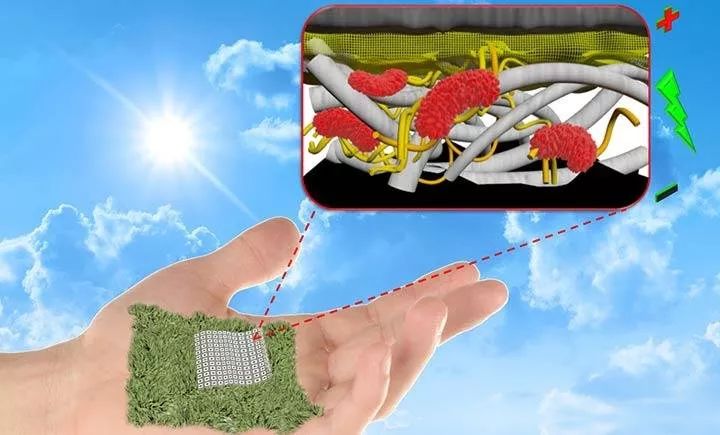
Biodegradable paper-based biofuel cells (Image source: Binghamton University)
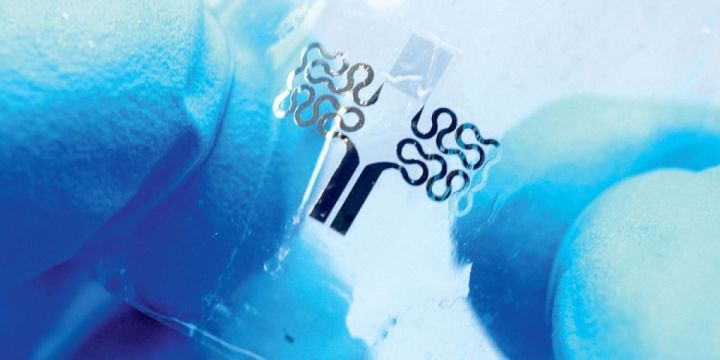
Biodegradable Micro Temperature Sensors(Image source: ETH Zurich)
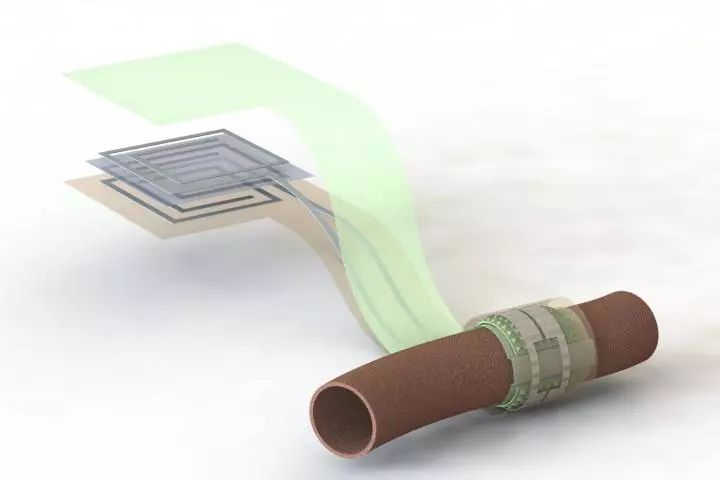
Biodegradable blood flow sensors (Image source: Levent Beker)
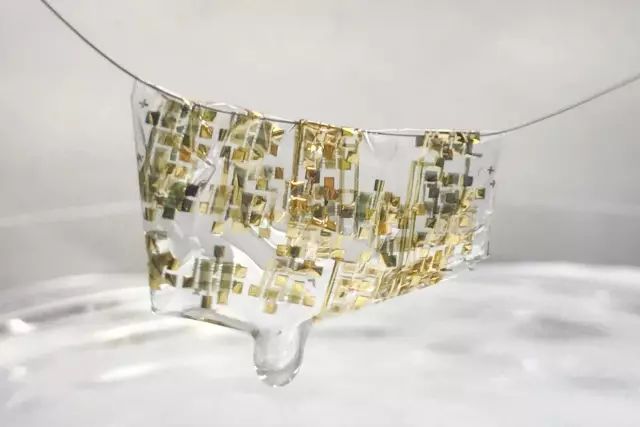
New type of biodegradable electronic devices (Image source: Stanford University/Bao lab)
Innovation
Recently, researchers from Simon Fraser University (SFU) and Switzerland are developing an environmentally friendly, 3D printable solution for manufacturing Internet of Things (IoT) wireless sensors. The use and disposal of these sensors will not pollute the environment. Their research has been published as a cover article in the February issue of Advanced Electronic Materials.
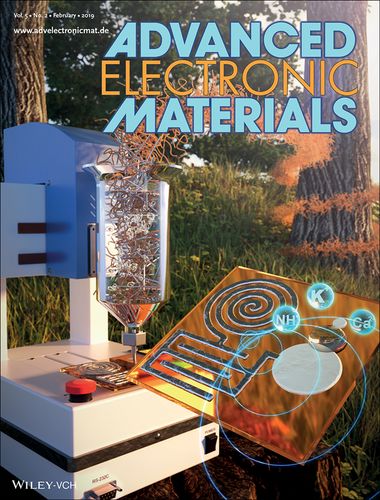
(Image source: Cover of Advanced Electronic Materials journal)
Technology
Professor Woo Soo Kim from Simon Fraser University leads a team exploring the use of wood-derivedcellulose materials to replace the plastic and polymer materials currently used in electronic products.
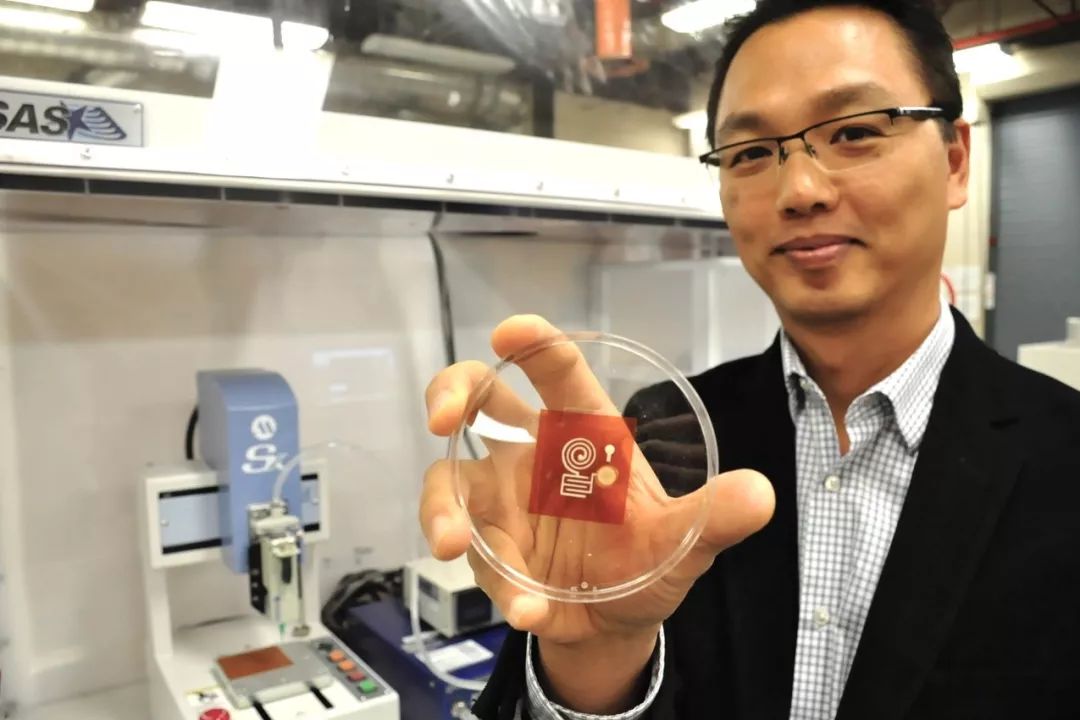
(Image source: SFU)
Additionally, 3D printing can flexibly add or embed functions into 3D objects or fabrics, creating more powerful functionalities.
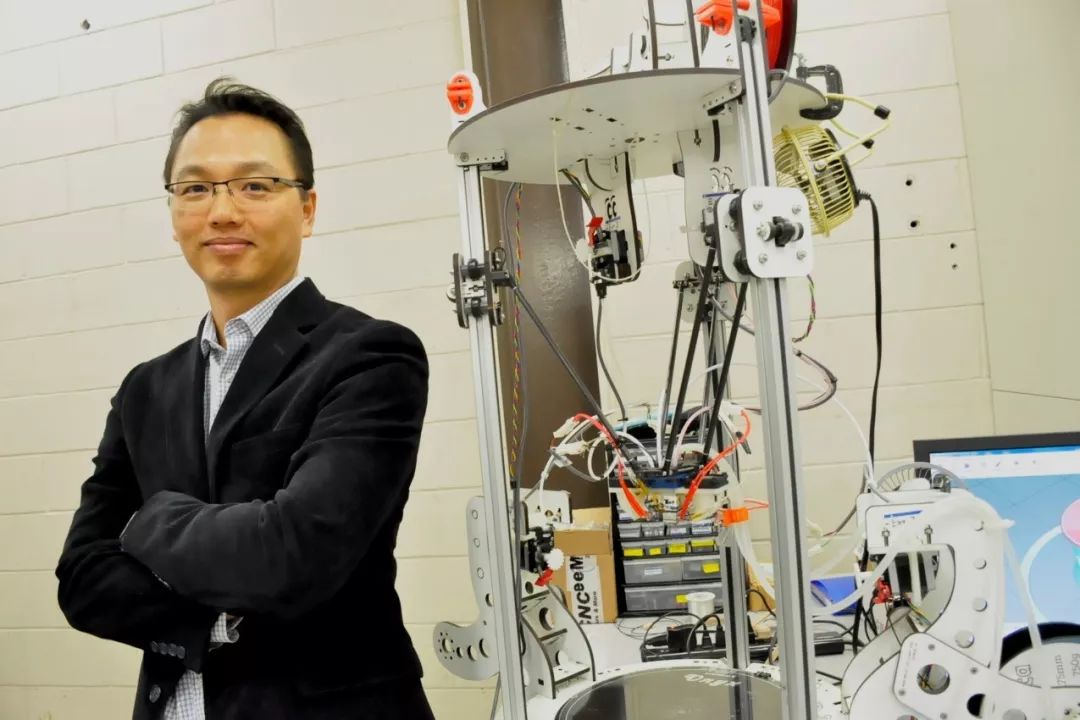
(Image source: SFU)
Professor Kim from the School of Mechatronic Systems Engineering at the Surrey campus of Simon Fraser University stated: “Our environmentally friendly, 3D printed cellulose sensors can wirelessly transmit data during use and will not pollute the environment after disposal.” This research is conducted in the PowerTech laboratory at the Surrey campus, which has several state-of-the-art 3D printers available for researchers to use.
“This development work helps advance green electronics. For example, waste from printed circuit boards (PCBs) is a harmful environmental pollutant. If we can transform the plastic in PCBs into cellulose composites, then the metal components on the circuit boards can be recycled and reused more easily.”
Kim’s research plan spans two international collaboration projects, including a recent focus on environmentally friendly cellulose-based chemical sensors in collaboration with partners from the Swiss Federal Laboratories for Materials Science and Technology.
Additionally, he is collaborating with the Robotics Engineering Department of Daegu Gyeongbuk Institute of Science and Technology (DGIST) and a Korean research team from technology company PROTEM Co Inc to developprintable conductive ink materials.
In the second project, researchers achieved a breakthrough in the embossing process technology, which allows researchers to freely emboss fine circuit patterns on polymer substrates (a necessary component of electronic products).
The embossing technology is used to mass-produce fine patterns at a lower unit cost. However, Kim stated that it can only emboss circuit patterns previously stamped on stamps, and the entire expensive stamp must be altered to print different patterns.
The team successfully developed a precise position control system that can directly emboss patterns, leading to a new process technology. It will have a wide impact on the semiconductor process, wearable devices, and display industries.
Value
This research not only brings new electronic manufacturing technologies and environmentally friendly new electronic devices but also holds promise for more applications, such as biomedical and environmental monitoring.
Keywords
Environmental Protection、Electronics、3D Printing
References
【1】https://www.sfu.ca/sfunews/stories/2019/02/collaboration-sparks-sustainable-electronics-manufacturing-break.html
【2】Taeil Kim, Chao Bao, Michael Hausmann, Gilberto Siqueira, Tanja Zimmermann, Woo Soo Kim. Electrochemical Sensors: 3D Printed Disposable Wireless Ion Sensors with Biocompatible Cellulose Composites (Adv. Electron. Mater. 2/2019). Advanced Electronic Materials, 2019; 5 (2): 1970007 DOI: 10.1002/aelm.201970007
【3】Huang, X., Liu, Y., Hwang, S.-W., Kang, S.-K., Patnaik, D., Cortes, J. F. and Rogers, J. A. (2014), Biodegradable Materials for Multilayer Transient Printed Circuit Boards. Adv. Mater., 26: 7371–7377. doi:10.1002/adma.201403164

For more cutting-edge technology, please click “Read the original text.”